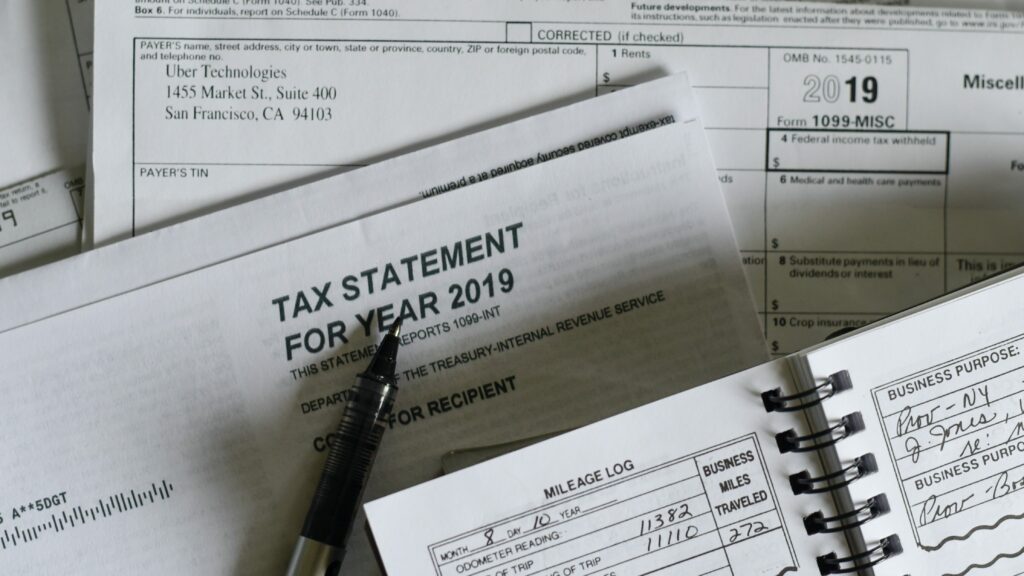Vietnam Set to Overhaul its Tax Treaty Policy Framework

Last month, the Prime Minister published a major review of Vietnam’s international tax treaties. Decision 2072/QD-TTg, published on 10 December, begins an almost decade-long evaluation of the effectiveness of Double Taxation Agreements (“DTAs”), the impact of these policies on Vietnam, and how such agreements could be improved in the future.
DTAs are international treaties entered into between two or more countries so that incomes or properties are not taxed twice. These agreements are designed to divide the rights of taxation between the contracting countries and avoid tax evasion. To date, Vietnam has signed DTAs with around 80 countries around the world from Australia to France and from Japan to Venezuela.
Known as ‘The Project’, Decision 2072 will run from 2021 until 2030. It aims to complete policies on the negotiation and implementation of DTAs so that these are aligned with Vietnam’s economic development trends. The Project also targets further harmonization with international standards and commitments on taxation.
The Project raises seven specific targets with associated work-streams as follows:
- To renegotiate and sign DTAs for the 2021-2030 period: During this time, the Ministry of Finance (“MOF”) – together with other relevant authorities, enterprises, and business associations – will look at inbound and outbound foreign investment flows and propose countries with which Vietnam should sign DTAs. Following this, negotiation plans and timelines will be developed and negotiation will be promoted with these potential partners.
- To renovate agreements and negotiation policies in order to negotiate and sign DTAs with new partners (before the end of 2023): This step contains an appraisal of international trends in order to propose new provisions under DTAs. For instance, these might include anti-abuse regulations, anti-abuse rules for permanent establishments, or taxing the income of digital services. It will also include developing manuals for the negotiation of DTAs and different template agreements for developed, developing, and less-developed countries.
- To develop provisions in DTAs to cover income from digital services: With a roadmap to 2030, MOF will take the lead on studies of the OECD and UN proposals on how to handle the income from digital services. Following this, new provisions in DTAs will be drafted to regulate digital-services income and an action plan will be developed to promote negotiation with partners.
- To re-negotiate current DTAs: Between 2021 and 2023, Vietnam will review its current agreements. In doing so, it will propose to remove, amend, or supplement provisions that are no longer suitable.
- To amend current domestic regulations on the impacts of DTAs: Before 2024, Vietnam will consider and review the definitions and principles or its domestic legislation to align with international standards on tax management.
- To transpose international commitments related to DTAs: This will focus on effective implementation of international conventions such as the Multilateral Convention to Implement Tax-Treaty-Related Measures to Prevent Base Erosion and Profit-Shifting (the BEPS Convention). It will also aim to ensure basic commitments under the Minimum Standards on the Prevention of Tax Treaty Abuse and to implement the Mutual Administrative Assistance in Tax Matters (MAAC) and the Multilateral Competent Authority Agreement on Exchange of Country-by-Country Reports (MCAA).
- To implement applicable DTAs: MOF will complete the documentation guiding DTAs to ensure the determination of rights of enties to whom tax deduction is applied. It will also complete the mechanism for the management and implementation of treaties, and develop the skills and knowledge of staff in the negotiation of DTAs and the settlement of disputes with foreign tax authorities.
To find out more about DTAs in Vietnam, or tax law in general and how this affects enterprises and investors, just contact our team for more information on contact@apflpartners.com


